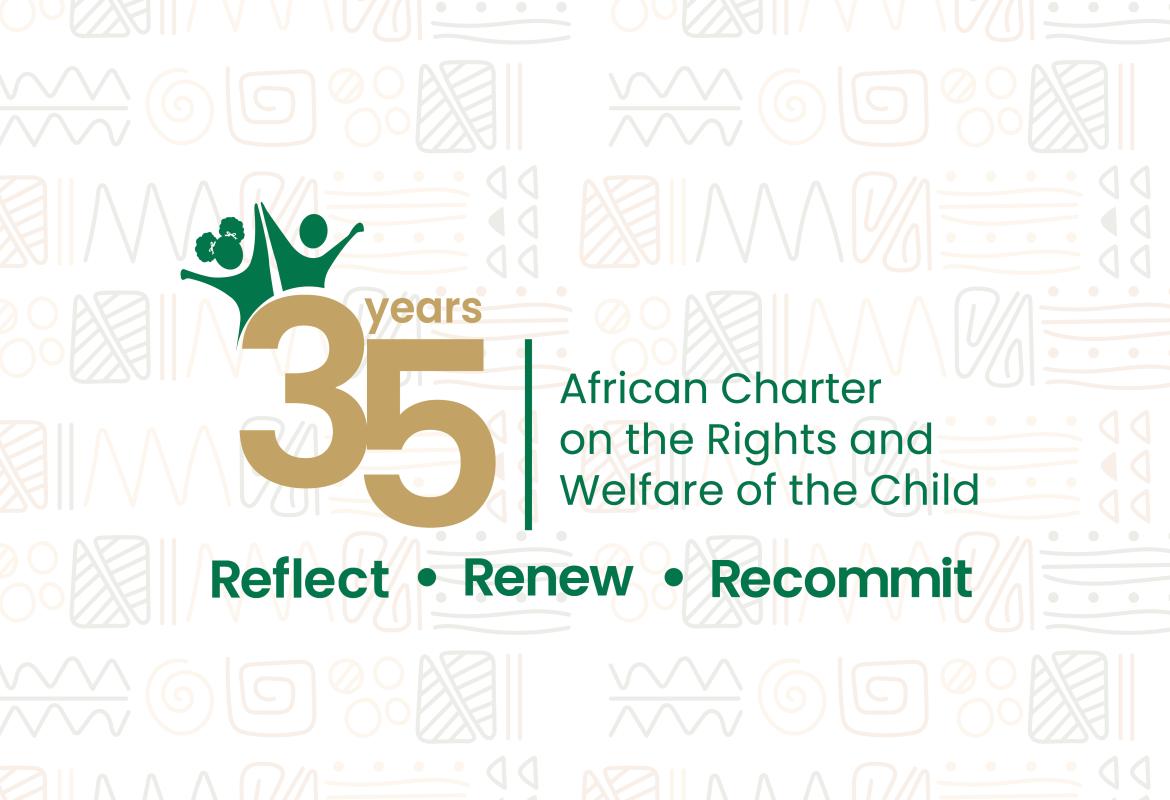The African Charter on the Rights and Welfare of the Child (the Charter/ ACRWC), was adopted on 11 July 1990 and came into force on 29 November 1999. The adoption of the Charter enhances child protection by addressing key issues unique to the African context while complementing broader international child rights frameworks, particularly the Convention on the Rights of the Child. It explicitly prohibits child marriage, requiring states to legislate a minimum marriage age of 18 years, and completely outlaws the recruitment of child soldiers, ensuring stronger safeguards for children in conflict situations. The Charter also extends protection to internally displaced children, acknowledging the unique vulnerabilities of those affected by war, natural disasters, and instability. Recognizing the challenges faced by the girl child, the Charter explicitly condemns harmful traditional practices, such as female genital mutilation (FGM), and ensures that girls who become pregnant before completing their education have the right to continue schooling. Additionally, it considers socio-economic realities, emphasizing non-custodial sentencing for mothers with young children, and prioritizing the child's well-being in judicial decisions. By incorporating these regional-specific protections while aligning with the universal principles of children’s rights, the Charter serves as a crucial and complementary instrument in advancing child protection across Africa.
After 35 years of its adoption, 51 Member States to the African Union (AU) have ratified the Charter, with four yet to ratify, namely the Kingdom of Morocco, the Federal Republic of Somalia, the Republic of South Sudan, and the Republic of Tunisia. Among the Member States that have ratified the Charter, three have made reservations on specific provisions, namely the Arab Republic of Egypt, the Sahrawi Arab Democratic Republic, and the Islamic Republic of Mauritania.
The ACRWC establishes a treaty body, the African Committee of Experts on the Rights and Welfare of the Child (the Committee/ACERWC), which is tasked with the promotion and protection of children's rights across Africa. The Committee’s mandate is to oversee and monitor the effective implementation of the provisions enshrined in the Charter by AU Member States, ensuring that legislative, policy and other measures at the national level align with the principles of child rights as outlined in the Charter. To fulfil this mandate, the ACERWC carries out a range of core functions, including the consideration of State Party reports, the consideration of Communications against State Parties on alleged violations of children’s rights, interpretation of the provisions of the Charter, and advocacy and engagement with stakeholders. Through these mechanisms, the ACERWC plays a critical role in holding African governments accountable for their commitments to child rights, ensuring that the promises made under the Charter translate into meaningful action that improves the lives and well-being of children across the continent.
In its engagements with State Parties through its various initiatives, the Committee notes the progress made in the implementation of the Charter. Many Member States have undertaken significant legal reforms to align their domestic legislation with the Charter's provisions, resulting in more robust frameworks for child protection. This alignment has led to the establishment of child-friendly policies and institutions, contributing to improved welfare and rights for children. In assessing the first phase of Agenda 2040 implementation (2016-2020), the ACERWC 1 identified notable achievements. Several countries have made significant strides in areas such as birth registration, access to quality education, and healthcare services for children. The Committee notes that these advancements are a direct result of concerted efforts by Member States to prioritize children's rights in their national agendas.
Despite significant progress in advancing children’s rights under the Charter, several challenges persist, and new threats continue to emerge. One key concern is the gaps in implementation, as some State Parties have yet to ratify the Charter, while others have placed reservations that weaken its impact. Additionally, delayed, infrequent, or non-reporting by some countries limits the ability of the Committee to effectively monitor compliance and hold governments accountable. Many children still lack access to basic social services, especially in rural areas, while harmful practices such as child marriage and FGM continue to violate their rights. Children with disabilities face discrimination, child labour and trafficking remain widespread, and the sexual exploitation of children, both offline and online, continues to rise. Low birth registration rates leave many children without legal identity, preventing them from accessing education and healthcare. The situation of children without parental care and those living on the streets remains critical, as these children are at heightened risk of violence, neglect, and exploitation. 6. Beyond these long-standing child rights challenges, emerging threats require urgent action. Climate change is displacing families and increasing food insecurity. The digital age has introduced risks like cyberbullying, online exploitation, and unequal access to digital learning. Urbanization has deepened inequalities, especially for children in informal settlements. The impact of business practices including child labor and unethical marketing is a growing concern. Ongoing armed conflict, recruitment of children, school attacks, and forced displacement continue to endanger children. Rising migration, radicalization, and shrinking space for child participation further exacerbate risks. As the ACRWC marks 35 years, the Committee calls for stronger commitments from State Parties, civil society, and all stakeholders to take concrete steps in ensuring the full protection and realization of children’s rights across the continent. 7. In commemoration of the 35th anniversary of the ACRWC, the ACERWC will undertake a series of activities leading up to the main event and continuing through December 2025 to reinforce the visibility, impact, and implementation of the Charter across Africa.
Read the full Concept note below:







